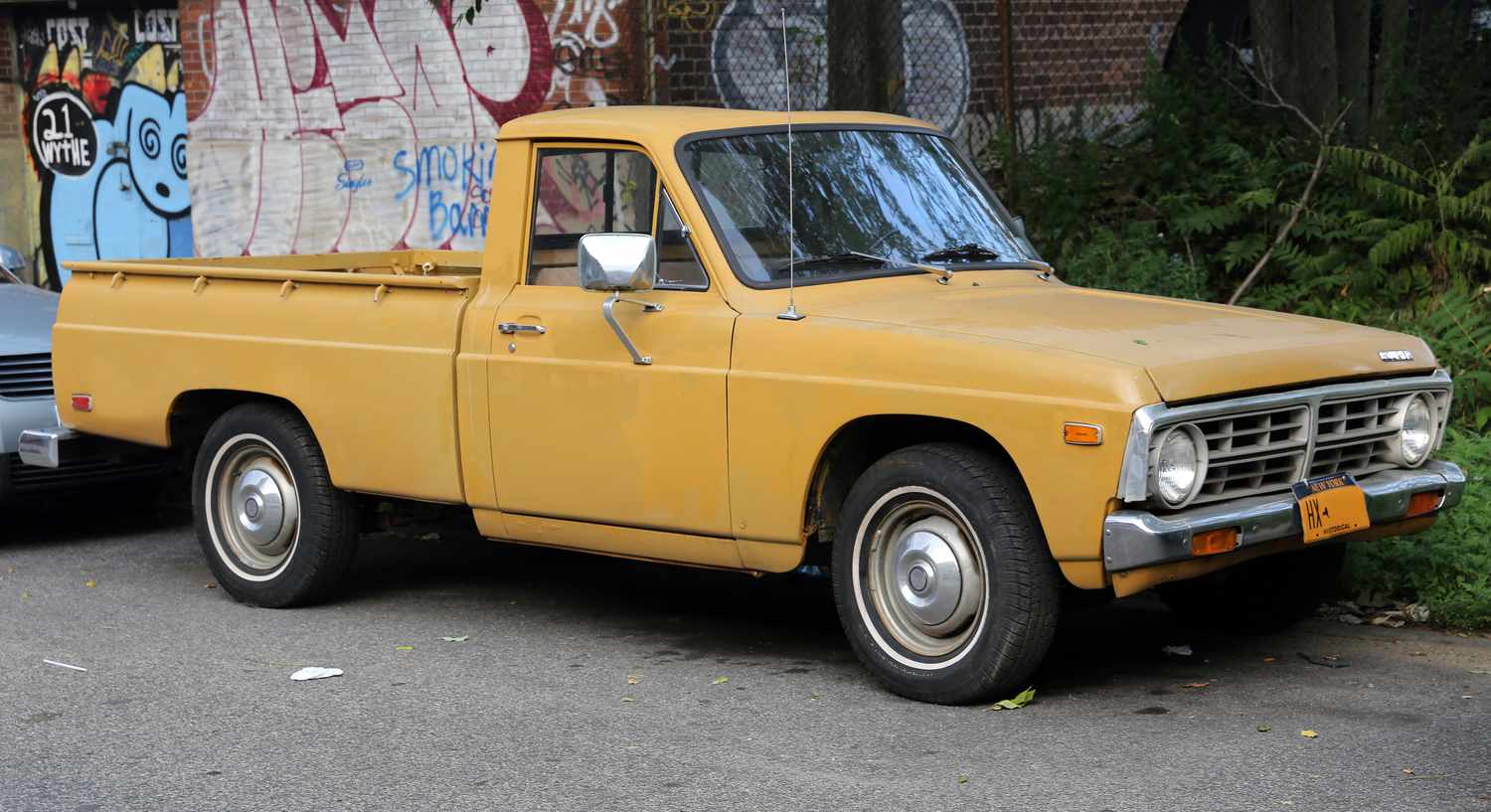The imposition of the Chicken Tax dates back to 1963, imposing a hefty 25 percent tariff on various imports including potato starch, brandy, dextrose, and notably, light trucks and vans.
While the intricacies of potato starch, brandy, and dextrose may elude many, the origins of this tax targeting light trucks and vans trace back to a specific spat with Germany’s Volkswagen.
At the time, Volkswagen’s vans and commercial trucks were dominating the market, posing a significant challenge to American automakers, particularly with their iconic air-cooled Type 2 Transporter.
Thus, the tax served as a strategic move by Lyndon B. Johnson to secure reelection support from the United Auto Workers union, marking a political maneuver that has since overstayed its welcome.
Recently, Ford found itself in hot water with a staggering $365 million fine for bypassing the import tax regulations. By misclassifying and undervaluing hundreds of thousands of its Transit Connect vans, Ford violated the Chicken Tax law.
This involved producing Transit Connect vans in Turkey with modified rear seats and windows to classify them as passenger vehicles subject to a lower import duty, only to remove these features upon arrival in the U.S. for sale as commercial vehicles.

The repercussions of the Chicken Tax extend beyond the realm of regulatory fines. The skewed competitive landscape it fosters has inflated truck prices, placing a burden on consumers. This protectionist measure has long favored American automakers like Ford, Ram, and Chevrolet, stifling competition and innovation in the truck market.
The absence of foreign competitors like Toyota and Nissan has led to a stagnant market where manufacturers prioritize profitability over consumer needs, resulting in a dearth of compelling truck offerings.
However, Ford’s recent success with the smaller Maverick pickup underscores a latent demand for compact truck options. Yet, the production of such models remains limited as manufacturers prefer steering consumers towards larger, more profitable models like the F-series.
This reluctance to embrace smaller, more affordable options reflects a missed opportunity for market diversification and consumer choice.
Opening the door to imports such as Ford’s Transit Courier or Mercedes-Benz’s Citan could inject much-needed competition into the commercial van segment, offering consumers a broader range of choices at competitive prices.
Embracing such diversity in the market would not only benefit consumers by driving down prices but also foster innovation and efficiency in the transportation sector, ultimately yielding dividends for both businesses and consumers alike.
Also read: Waymo Launches Free Driverless Robotaxi Rides in Los Angeles, Attracting 50,000 Potential Riders

